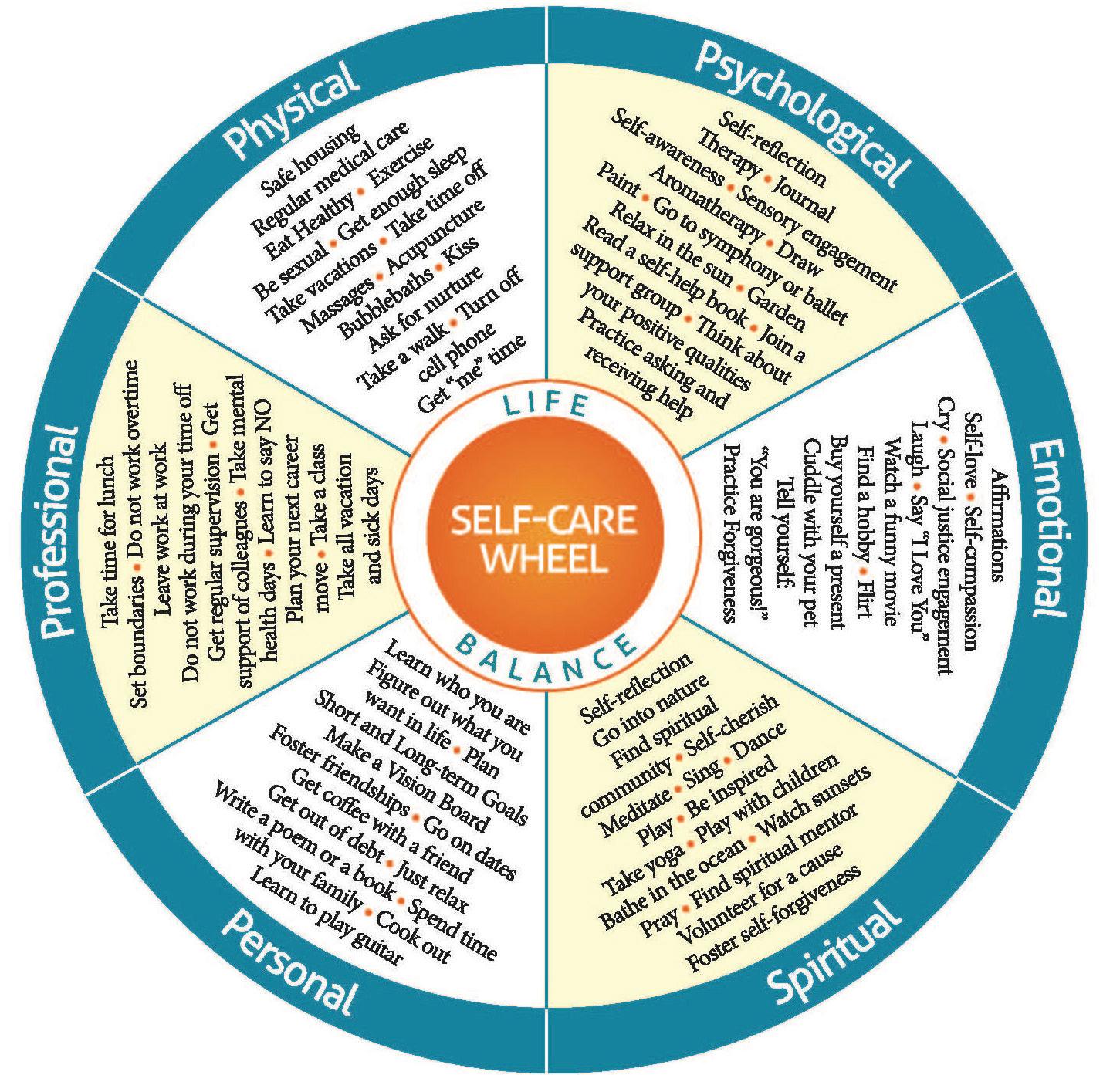
2 minute read
Using STAR to Answer Behavioral-Based Interview Questions
Billie Streufert Assistant Vice Provost, Student Success and Engagement, Augustana University, South Dakota
When you provide answers to behavioral interview questions, use the STAR technique: Situation, Task, Action, Result. Pay particular attention to the results of your activities because this is how your audience assesses your effectiveness. Below are two examples.
Advertisement
“Describe
Situation What initially happened?
Task What task or goal did you set out to accomplish given the situation?
Action
What did you do to achieve the task?
This semester I had a difficult student named Brad who was apathetic. On several different occasions he was joking around in class and distracting his peers.
My goal was to engage Brad in the classroom and motivate him to complete his assignments.
I engaged in a meaningful dialogue with Brad to identify what was preventing him from participating. I also explained the potential consequences of his behavior. After some probing, he revealed that he was reluctant to complete the assignment because he was not entirely sure how to answer some of the questions. I encouraged him to meet with me after school. I did not frame this as detention or a punitive sanction. I wanted him to choose to participate.
Brad agreed to meet with me, and we continued to meet during the lunch period for the next two days. I made the assignment more fun and applicable by relating it to his future career. I also helped him learn how to evaluate his progress on the assignment, so he could identify his learning and increase his confidence.
Result
What ultimately happened as the result of your behavior? Provide specific details to demonstrate your success.
Situation What initially happened?
Task What task or goal did you set out to accomplish given the situation?
Action What did you do to achieve the task?
Not only did Brad’s participation increase during class, but I was also able to establish more rapport and trust with him. Plus, I learned not to pass judgment on students or assume that their lack of motivation is the result of laziness or defiance. I am now able to better assist students who are not engaged.
“Tell me about a time you failed.”
My first semester in college I earned a grade that I was disappointed with in my History class.
I am very committed to excellence and set a goal for myself to earn an A on the next exam. My understanding of the material was even more important than my grades, so I resolved to comprehend the information.
I began to review my notes on a daily basis and used timelines or charts to organize the information. I met with the professor to communicate my commitment to his class and identify if he had any additional suggestions. I created flashcards for myself and formed a study group the week before the exam. We each identified possible exam questions and then pooled them together to create a practice test.
Result
What ultimately happened as the result of your behavior? Provide specific details to demonstrate your success.
I earned an A on my next exam and in the class. More importantly, I learned how to teach myself, manage my time, and be persistent. The experience also cultivated a sense of empathy for students who are failing and about to give up. Since that time, I have been satisfied with my academic achievement and, have made the Dean’s list every semester.
STAR will help you keep your answers focused as you incorporate stories that address the behavioral-based interview questions. Interviewers will remember your stories because they provide evidence of your qualifications and bring credibility to your statements.





